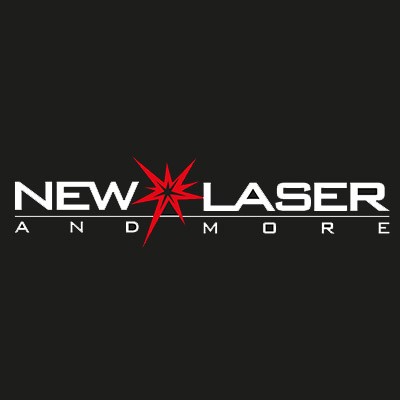

New Laser

Liège, Belgium
February 2025
Fabricated metal products
Manufacturing
Belgium
Founded in 2006 in Sankt Vith, New Laser has consistently provided top-quality laser cutting of sheets, tubes and profiles. From the outset, innovation has been a cornerstone of our operations – alongside reliability, customer proximity and on-time delivery. As a forward-thinking company, we combine technological advancement with responsibility. By implementing efficient production processes, utilizing state-of-the-art machinery and carefully managing resources, we continuously work to reduce our environmental footprint. Sustainability is not an add-on for us – it is deeply embedded in our strategy, just like mutual respect within the team, continuous improvement and long-term partnerships. The BCorp certification affirms that we are on the right path. At the same time, the process broadens your perspective – it encourages new questions, challenges established routines and opens up new opportunities for responsible growth. Our goal: to lead through technological excellence while making a positive impact on the environment, society and future generations.
Overall B Impact Score
Governance 16.7
Governance evaluates a company's overall mission, engagement around its social/environmental impact, ethics, and transparency. This section also evaluates the ability of a company to protect their mission and formally consider stakeholders in decision making through their corporate structure (e.g. benefit corporation) or corporate governing documents.
What is this? A company with an Impact Business Model is intentionally designed to create a specific positive outcome for one of its stakeholders - such as workers, community, environment, or customers.
Workers 25.3
Workers evaluates a company’s contributions to its employees’ financial security, health & safety, wellness, career development, and engagement & satisfaction. In addition, this section recognizes business models designed to benefit workers, such as companies that are at least 40% owned by non-executive employees and those that have workforce development programs to support individuals with barriers to employment.
Community 20.4
Community evaluates a company’s engagement with and impact on the communities in which it operates, hires from, and sources from. Topics include diversity, equity & inclusion, economic impact, civic engagement, charitable giving, and supply chain management. In addition, this section recognizes business models that are designed to address specific community-oriented problems, such as poverty alleviation through fair trade sourcing or distribution via microenterprises, producer cooperative models, locally focused economic development, and formal charitable giving commitments.
Environment 16.4
Environment evaluates a company’s overall environmental management practices as well as its impact on the air, climate, water, land, and biodiversity. This includes the direct impact of a company’s operations and, when applicable its supply chain and distribution channels. This section also recognizes companies with environmentally innovative production processes and those that sell products or services that have a positive environmental impact. Some examples might include products and services that create renewable energy, reduce consumption or waste, conserve land or wildlife, provide less toxic alternatives to the market, or educate people about environmental problems.
Customers 3.1
Customers evaluates a company’s stewardship of its customers through the quality of its products and services, ethical marketing, data privacy and security, and feedback channels. In addition, this section recognizes products or services that are designed to address a particular social problem for or through its customers, such as health or educational products, arts & media products, serving underserved customers/clients, and services that improve the social impact of other businesses or organizations.